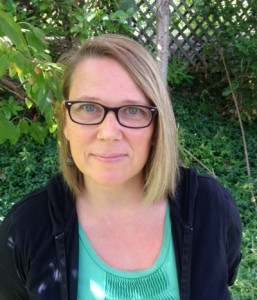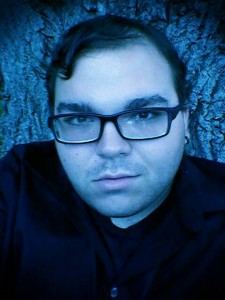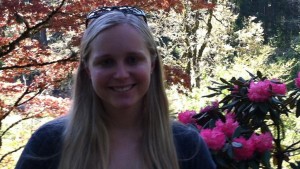By Chris Muravez
Rejection. You would think I’d be used to this by now. I’ve been turned down for jobs, by women, by men (well, that happened once, but that’s a different story and a rather confusing period in my life), and by publishers. But it’s that last one that always stings, especially since I’ve made the choice a few years ago to dedicate my life to my art. Being turned away by my favorite publishers always hurts more than not getting that interview, that second date, that kiss good night.
This last summer I spent a rather damaging amount of time putting together a short collection of poems. My first chapbook. My first real attempt to enter the published literary world. I say a damaging amount of time because by the end of it all my friends and family were seriously concerned for my sanity. But what good is sanity when I get to spend my days writing and creating? Sure, I spend my time “working” at a “job” or maintaining a living environment that might actually be livable. Then again, I wouldn’t be able to produce 18 pages of poetry that is rejected by everyone; which, in turn, means that I also wouldn’t have the experience to tell you these things. But let’s not get on the problem of causation here, there were more important things at work.
This enterprise of mine wasn’t completely devoid of coherent thought, however. I did a lot of research into chapbook calls and contests (see the post on Duotrope). Some of my favorite journals, Burnside Review, Arcadia Magazine, and Rattle, all had contests that I could enter. I also felt confident enough to give them all a shot, and the biggest motivator for me was the work itself. That creative process that produces a light at the end of a tunnel you didn’t even know you were in. That constricting tunnel of everyday life in a totalizing environment of confusion and consumerism. The work itself is an escape, a rage, a release. That is why many of write in the first place, isn’t it? But once you’re done (or done enough, I fall under the “a poem is never really finished” camp) it isn’t enough. It has to be understood by others too. That is how we connect after all. That’s why we write. We want to the world to know we are here, we are human, and to listen to us (or read us). So, with a determined drive, I voraciously created.
Once my work was sent out, I had a serious sense of accomplishment. That hardest part at this point was to not dwell on the possibilities that the future of my endeavors held. But this is hard when I have my Submittable page bookmarked on my computer, always sitting there tempting me to check its status.
Then I got my first rejection, from Burnside Review, and I felt a slight pin prick in my chest. Granted Burnside was not my big hopeful for publication, I still felt that twinge of sorrow that rejection brings. And I know better. We all know better than to get our aspirations to a point that when it falls through we regress into depression. But knowing and doing are two different things here. I could go on about what rejection is to writers. I could sit here and throw phrases about perseverance and patience at you. After all, rejection (at least in this context) is part of a writer’s life. But I did learn something.
When I saw who won the contest, Ed Skoog, I realized that I was going up against some heavy hitters. People who are established, but have most likely gone through similar torturous experiences. This is when I learned that rejection doesn’t necessarily take patience or perseverance, but practice. I learned that as I develop my skills as a writer, rejection is one of them, and quite possibly the most important. Becoming disciplined at rejection, or at least dealing with it, I don’t want to project an air of mediocrity here, is an often overlooked foundation of writing and trying to get published. Sure, I could fall back into my usual attitude of “Fuck the system” and become a rogue writer, but that requires more discontent than I care to deal with. So, practice. I still have a few more submissions out there, and if they turn me down too, I’m prepared for it (but I might just lose my shit if Arcadia rejects me).




